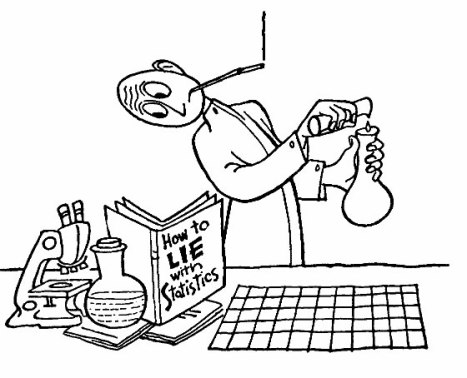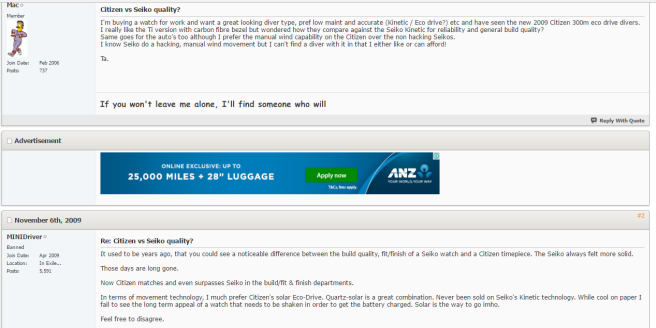With the advancement of technology, social media is becoming indispensable as it is slowly incorporated into our daily lives. As a result many unseen ethical issues start to surface.

With social media gaining mass popularity, the right usage would create an abundance of business opportunities as well as increase brand loyalty and recognition. (1) It is no wonder that businesses would focus their marketing efforts in the area.
I will be discussing the ethical issue on info fabrication by businesses, emerged from the emphasis on social media. Companies may purposely distort revealed information so as to increase market value or to gain a competitive edge.

Companies may do so through unreported endorsements by seeking out individuals with resounding social media profiles and pay them to do publicity for the brand. With the influence a social media celebrity can bring to the people, a simple positive recommendation may create wonders to a firm’s market value.
However on occasions when called for, firms may decide not to disclose that it is an endorsement so as to make it a “real” success story. It builds a closer relation with their customers but may be hard for consumers to swallow after the truth is uncovered. A good example would be Walmart where customers feel cheated after realising the travelling blog is sponsored for.
Read more from this article.
They may also deliver information with improper anonymity. The use of social media enable consumers to readily attain information on products and services as well as the company delivering it from platforms such as forums.

As a result of this reliance, firms can have their agents comment anonymously on online forums to fulfil a multitude of objectives. They can promote own products through good ratings and even create a discussion by raising questions about competitors to bring them down.

However doing this without revealing the company’s involvement involves a huge risk because if uncovered, customer’s trust in the firm will be shattered. Whole Foods CEO John Mackey incurred a lawsuit after anonymously thrashing its competitor online to buy them over.
Read more about this here.
In conclusion, social media is both a blessing and a curse depending on how people use it. If businesses justify their use, it may lead to unprecedented opportunities. But if used unethically, it may have drastic consequences for the business and consumers.
(400 words)
References:
- http://www.forbes.com/sites/jaysondemers/2014/08/11/the-top-10-benefits-of-social-media-marketing/#a1d05862a4d2
- http://www.bloomberg.com/news/articles/2006-10-17/wal-mart-vs-dot-the-blogospherebusinessweek-business-news-stock-market-and-financial-advice
- http://www.cbsnews.com/news/whole-foods-ceo-attacked-rival-online/

Hello Eugene.
Great post regarding information fabrication by businesses. This is a very common procedure done by many firms, regardless of size and net worth.
After reading your post, I began to conduct my own research on this topic, realizing that Samsung too, has also been fined for hiring online bloggers to attack HTC. More information can be read up in the references.
However, it would be better if you included ways or steps to prevent falling into these traps and analyzing the authenticity of organizations. Furthermore, telling us about how the government in the various countries come up with policies to curb the uprising problem.
Do you think that customers will trust online forums, reviews and “satisfied customers” if there is a rise in information fabrication? And where can we as customers, find out actual evidence about the product/service we are going to get other than word of mouth.
-Jef Tan Yi Yang
References:
http://www.dailynewsegypt.com/2013/10/24/samsung-fined-for-hiring-online-critics-to-attack-rival/
LikeLiked by 1 person
Hey Eugene,
Social media has indeed become part and parcel in our daily lives. Businesses thus view social media as an opportunity to reach out to and connect with their customers. Increasingly we can see companies leveraging on social media as a medium of marketing their products and/or services.
It is concerning to read that businesses might result in fabrication and unreported endorsements to reach out to their customers. I should probably read the next blog post by popular social profiles with a pinch of salt and read up on more reviews and write-ups before jumping onto the bandwagon or purchase.
No doubt, with more people on social media, going on these platforms will definitely be beneficial for the organisations. However, as you have highlighted, there are ethical issues. I do wonder at times if companies are aware of the ethical issues? Is it because everyone in the industry is doing the same that makes ethics a second thought?
LikeLiked by 1 person